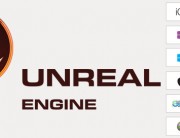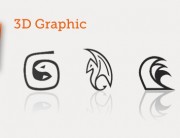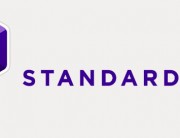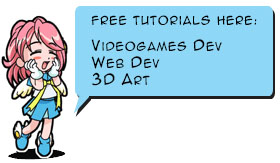How does classes work in Unity?
Create an ‘Empty Object’ and attack Inventory.cs
// Inventory.cs
using UnityEngine;
using System.Collections;
public class Inventory : MonoBehaviour // il nome del file e della classe sono uguali
{
// Creating an Instance (an Object) of the Stuff class
public Stuff myStuff = new Stuff(10, 20, 30, 40); // il nome dell'oggetto è uguale al nome della classe è uguale al costruttore
// We can create infinite Instances
public Stuff myOtherStuff = new Stuff(50, 60, 70, 80);
public Stuff myOtherStuffTwo = new Stuff(); // senza parametri assegna i valori di default
public Stuff myOtherStuffThree = new Stuff(10.2F); // in base alla natura dei parametri riconosce il metodo, qui cerca lo Stuff() che accetta FLOAT
void Start()
{
Debug.Log(myStuff.bullets); // 10
Debug.Log(myOtherStuff.grenades); // 60
myOtherStuff.grenades = 100; // cambio il valore dell'oggetto
Debug.Log(myOtherStuff.grenades); // 100
Debug.Log(myOtherStuffTwo.grenades); // 2
Debug.Log(myOtherStuffThree.magicEnergy); // 10.2
}
public class Stuff // nome della classe
{
// proprietà
public int bullets;
public int grenades;
public int rockets;
public int fuel;
public float magicEnergy;
// metodo con l'arrivo dei parametri
public Stuff(int bul, int gre, int roc, int fue) // nome del costruttore uguale a quello della classe
{
bullets = bul;
grenades = gre;
rockets = roc;
fuel = fue;
}
// metodo senza l'arrivo dei parametri
public Stuff() // nome del costruttore uguale a quello della classe
{
bullets = 1;
grenades = 2;
rockets = 3;
fuel = 4;
}
public Stuff(float magicen) {
magicEnergy = magicen;
}
}
}// END Inventory : MonoBehaviour
Rules:
– Inventory.cs and public class Inventory have the same name
– public Stuff myStuff = new Stuff(10, 20, 30, 40); same name in the instance call Stuff
– public Stuff() same name for the method Stuff
– public Stuff myOtherStuffThree = new Stuff(10.2F); Unity recognize automatically the method he needs reading the type of parameters passed, this technique is called ‘Overloading’.










